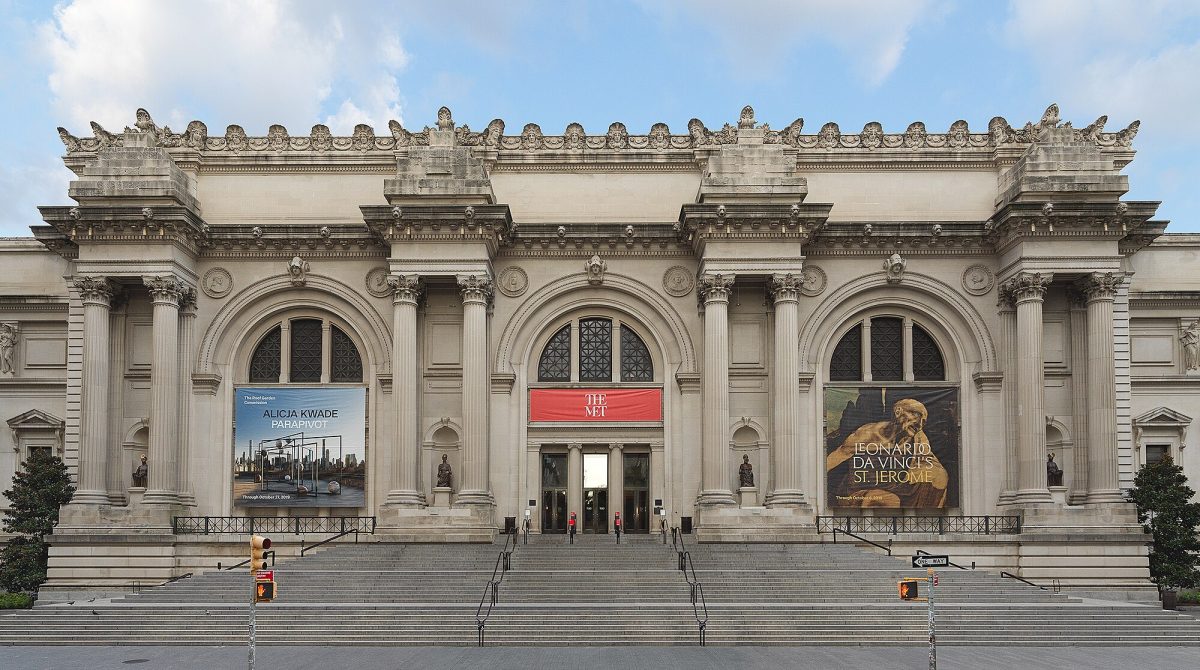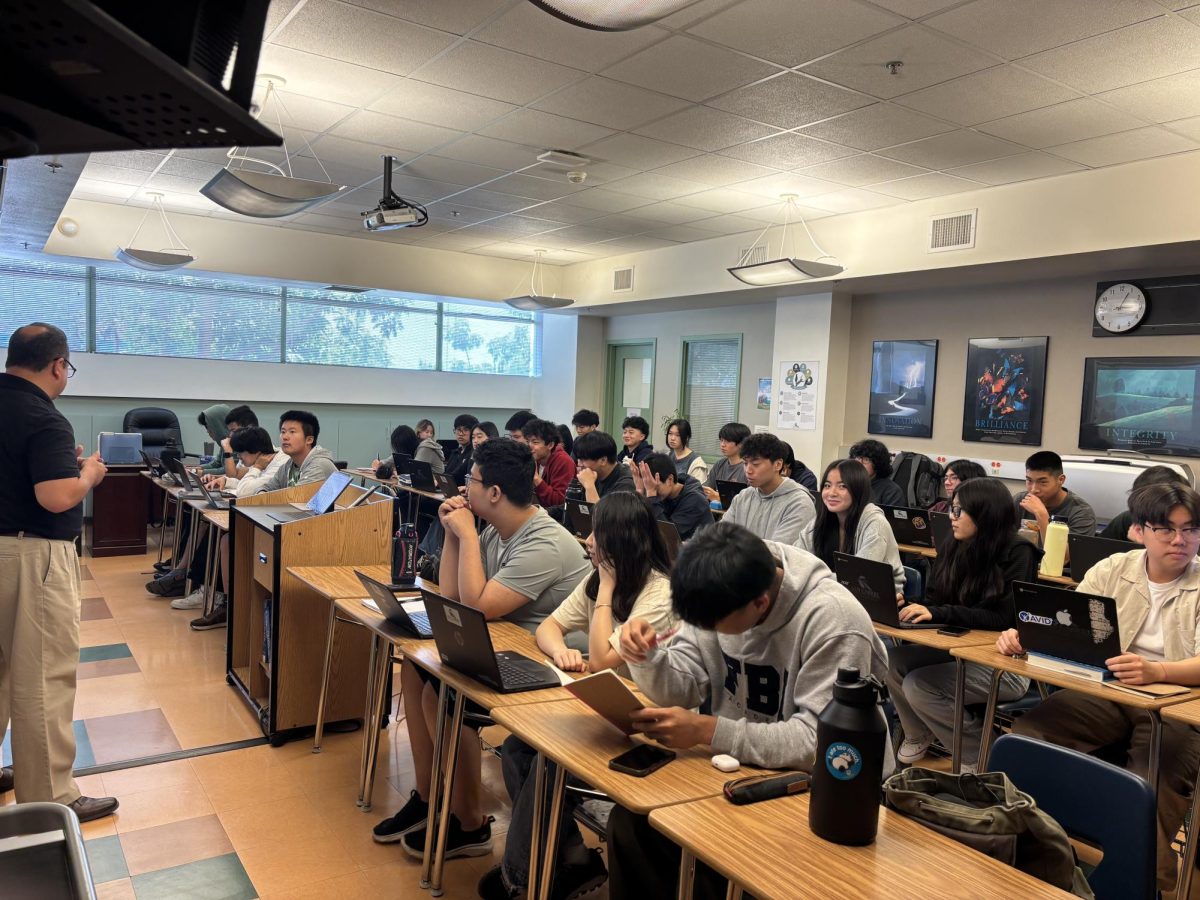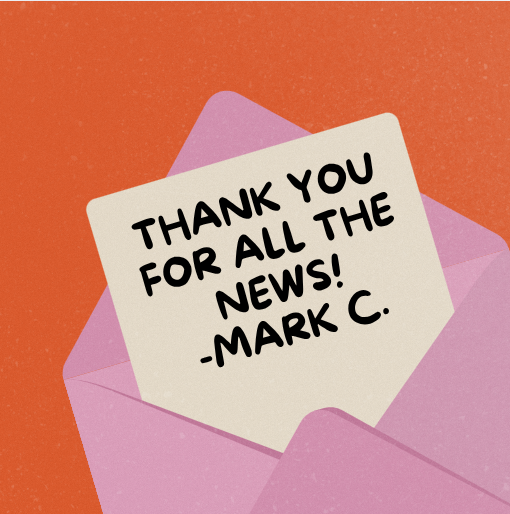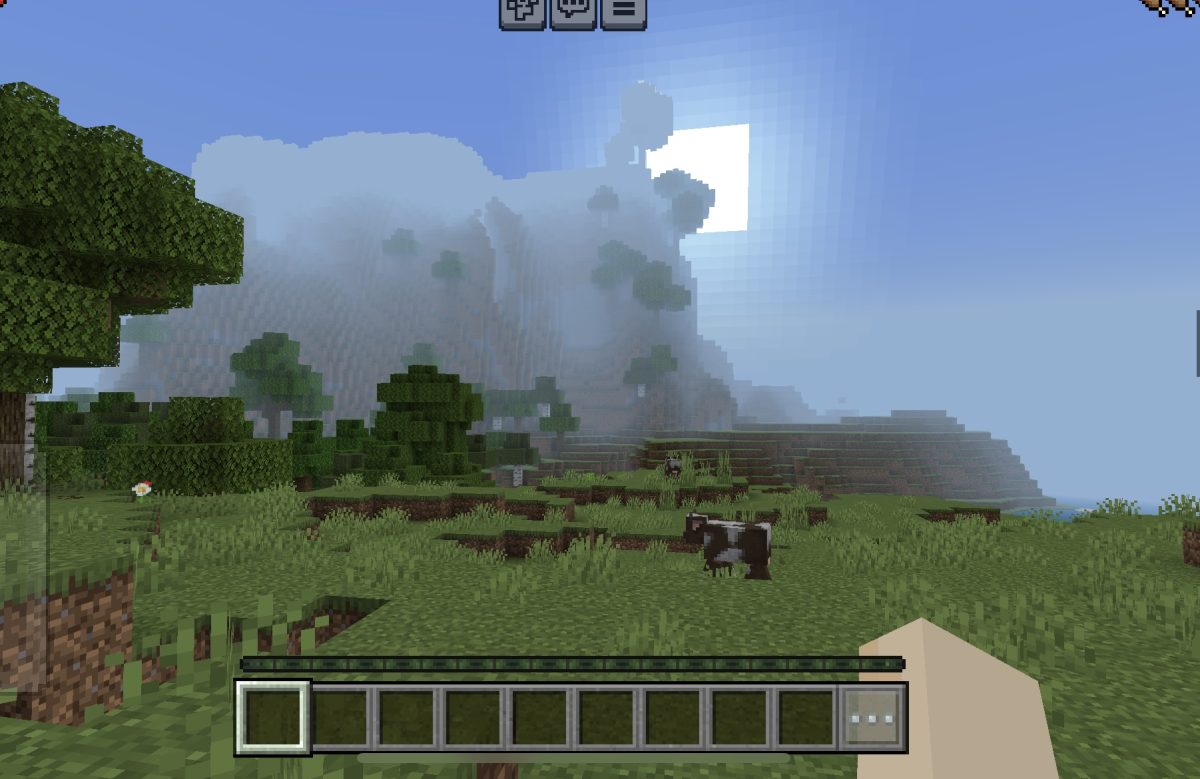Don’t wait to get the COVID-19 vaccine
By Emme Tran | Junior Editor
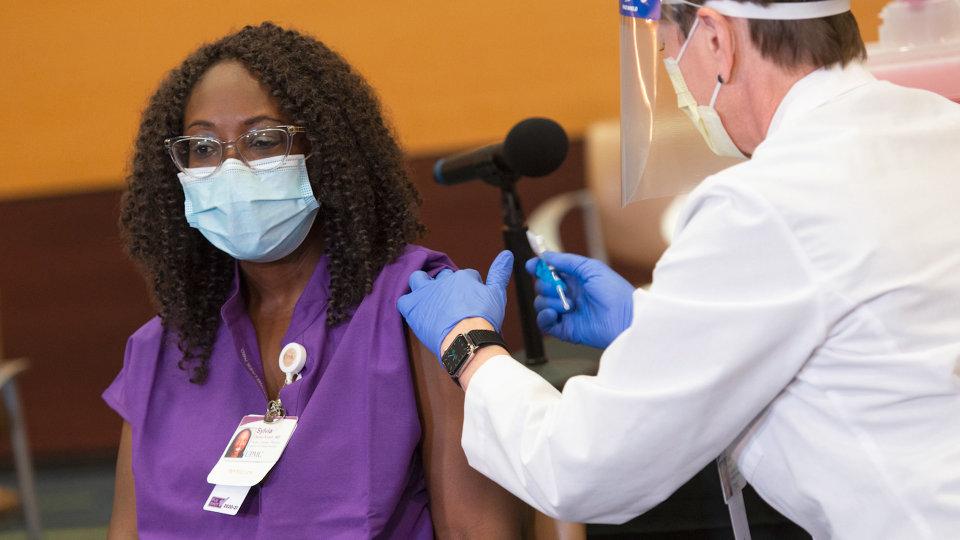
Recently, COVID-19 cases in Los Angeles have surged in numbers as more and more residents contract the virus. In order to prevent additional cases, everyone who is currently eligible or who will be eligible to receive the vaccine should take it.
Following its introduction to the United States, thousands of high-risk Los Angeles citizens have gone to get the two-dose vaccine. Those of which include healthcare workers, residents of long-term care facilities, and, most recently, seniors who are 65 year and older, according to KTLA 5.
After taking two doses of the injections, each necessary for the vaccine to work to its full extent, the Pfizer-BioNTech COVID-19 vaccine and the Moderna COVID-19 vaccine are reported by BBC to be, respectively, 95 percent and 94.1 percent effective, lowering the chance of contracting the virus exponentially.
Many are still skeptical about whether or not the vaccine is safe or effective due to the novel nature of COVID-19. However, taking the vaccine has been carefully made to prevent the spread and contraction of the virus.
Though the specific COVID-19 virus is new, coronaviruses have been studied for the past 50 years, according to Medical News Today, meaning that “scientists had [the] existing data on the structure, genome, and life cycle of this type of virus” to develop a functional vaccine.”
As reported by Harvard Business Review, through multiple trials involving “more than 43,000 volunteers from diverse backgrounds,” the vaccine is effective across all demographics.
According to the CDC, the vaccines, which do not contain strains of the actual disease, enter the body and tell the immune system how to produce antibodies that are specific to the virus. After the body’s cells replicate the antibodies, “they destroy the genetic material from the vaccine.” Should the virus come in contact with the body, the body’s immune system will remember how to combat those virus-specific antibodies.
Possible symptoms of the vaccine include muscle pain, headaches, pain at the injection site, and fever, usually lasting up to a week. Though these may be uncomfortable, they are temporary and far less dangerous than the symptoms of COVID-19.
The CDC reports that COVID-19 symptoms include coughing, fever, fatigue, body aches and more. More serious long-term effects of the virus include “difficulty with concentration,” difficulty breathing, “smell and taste problems,” and issues regarding memory. These symptoms can then cause further complications and, in some cases, the death of the patient.
The CDC told ABC News that, “[one] in every 850 Americans has died from COVID-19.” On the other hand, extreme adverse reactions to the vaccine “occurred in only 11.1 cases per one million doses.” The benefits of getting the vaccine far outway the risk of not taking the vaccine.
Now that the virus is preventable by vaccine, there is no question that those who can take it should in order to prevent themselves and others from contracting a disease that could turn deadly. No longer will there be a need to worry about the safety of each member of every community, ranging from the smallest child to the oldest grandmother.
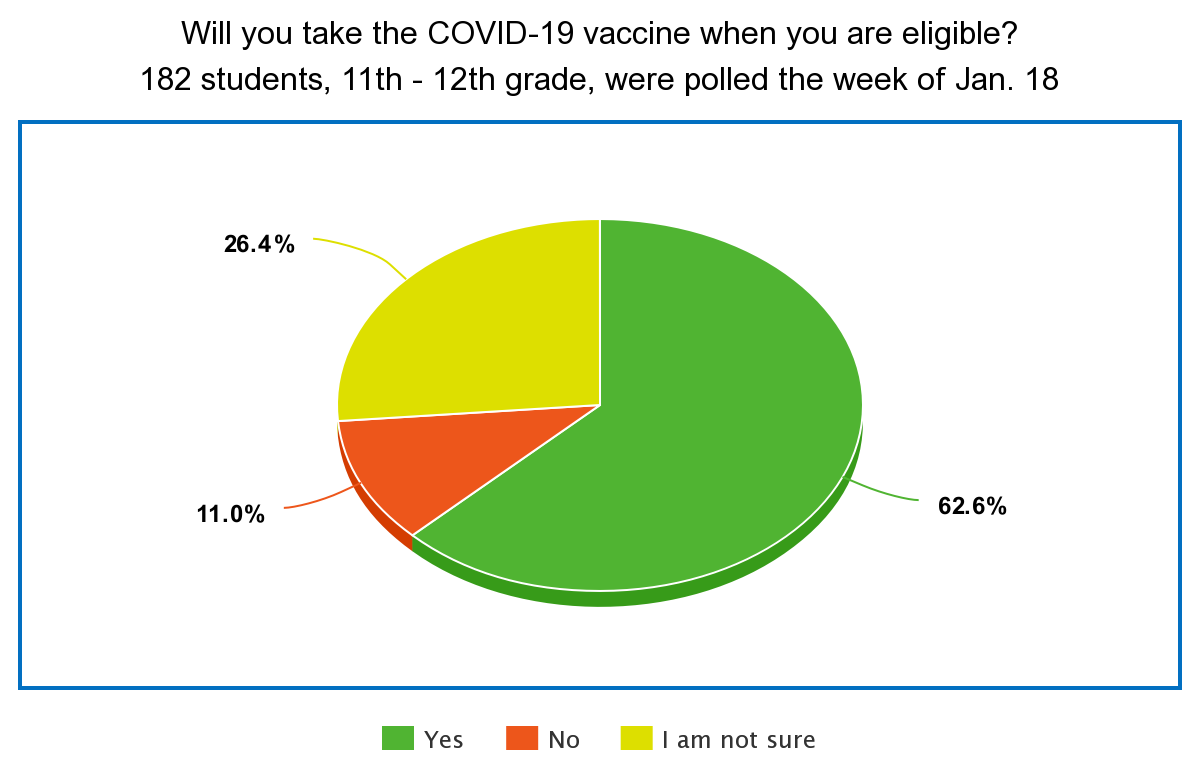
Wait to take the COVID-19 vaccine
By Ashley Sanchez | Staff Writer
As coronavirus cases prevail in California, the long awaited vaccinations were released under emergency approval to essential workers and elderly ages 65 and older. While it is unknown when the vaccines will be released to the public, once they become available, those who are eligible should not take it.
Those who are eligible for the vaccine risk the effects that comes along with getting the vaccinations which may not even amount to those caused by COVID-19.
According to The History of Vaccinations,”Vaccine development is a long, complex process, often lasting 10-15 years…”
The exploratory stage and pre-clinical stage of a vaccine development process alone takes two to four years each, whilst the entire COVID-19 vaccination development was completed in just two years.
The speed at which the vaccination was developed and reviewed by the Trump Administration is more than enough to be wary which is shown in former President Donald Trump’s speech regarding the development of the first vaccine candidate.
Trump stated, “We were out there trying to develop a vaccine, not even knowing what we were up against. Then, my administration cut through every piece of red tape to achieve the fastest-ever, by far [vaccine].”
Aside from the heavy pressure the Trump Administration placed upon the FDA, he admits to the fact that fast-producing a vaccine was an objective of his, once again fueled by his greedy intention of collecting more votes for the 2020 election.
The distribution of the vaccination is also cause for concern, with cities such as San Diego scrambling to get more vaccinations after dumping doses that claimed to be contaminated and causing allergic reactions.
The most effective strategy is focusing on bringing the number of cases down and striving for the full approval of a more efficient vaccination with distribution plans.
According to the Los Angeles Times, the Moderna COVID-19 vaccine caused allergic reactions for seven people who required medical attention afterwards. In Alaska, two health care workers had to receive emergency treatment after getting the Pfizer-BioNTech COVID-19 vaccine with one of the workers having no history of allergies, yet suffering from an anaphylactic reaction.
In a survey conducted in October 2020, regarding whether or not nurses would voluntarily receive the vaccine if it were not required, only 34 percent of 12,939 nurses said they would get the vaccine — which
says a lot all on its own.
Based on the evidence and concern, the decision to take it or not and ever lasting effects will be a gamble. Between the fear of passing the virus onto loved ones or suffering the effects of a vaccination that can cause more harm than good, the odds are once again cause for caution.
While everyone is eager for this nightmare to end, the most effective thing to do right now is stay informed, wear a mask, social distance, and await for the full approval of a more effective vaccine from the other 69 vaccines in clinical trials.

